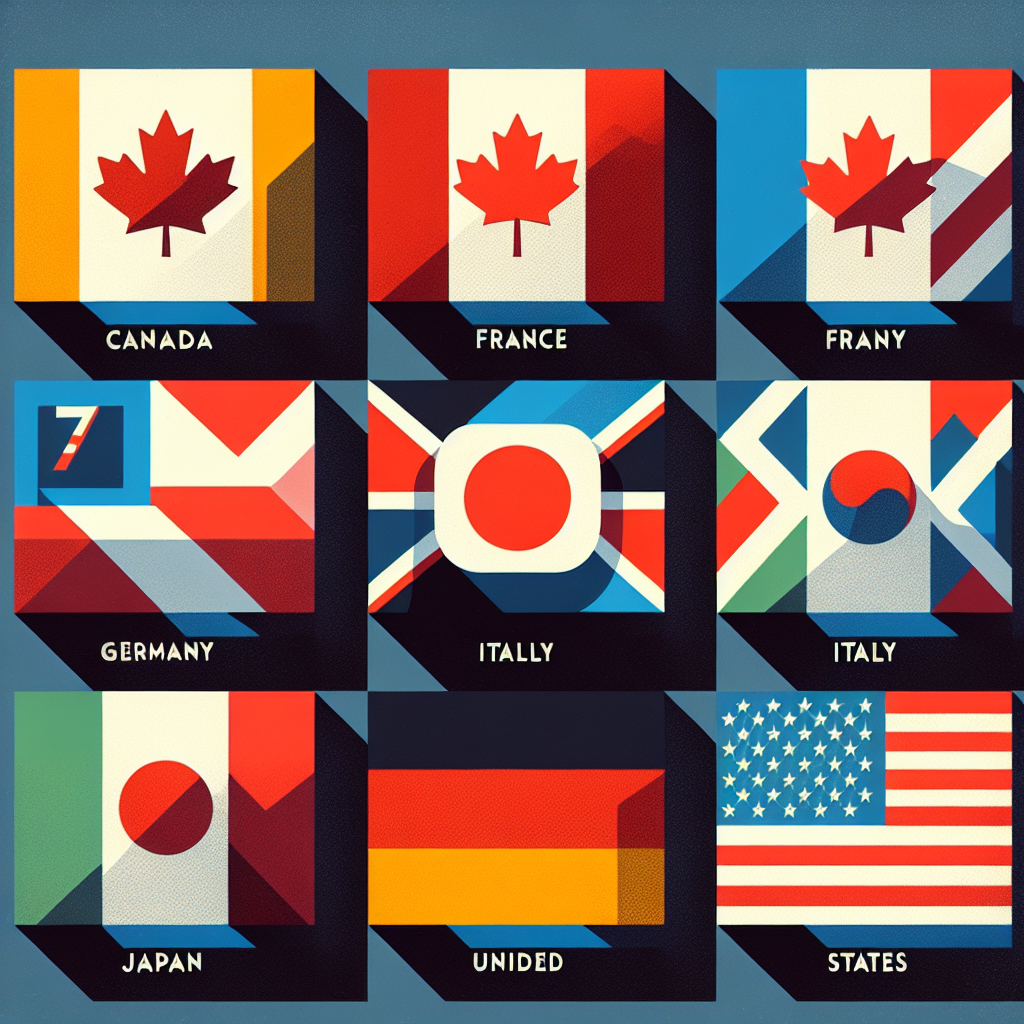G7 Nations Face Discord Over Joint Statement on Ukraine-Russia Conflict
The G7 countries are grappling with internal disagreements over a proposed joint statement marking three years since the Ukraine-Russia conflict began. Canada's Foreign Minister Melanie Joly highlighted disputes mainly driven by Washington's stance, complicating diplomatic efforts amid a shifting U.S. foreign policy under President Trump.

The Group of Seven (G7) nations are currently engaged in discussions about issuing a collective statement to mark the third anniversary of the Ukraine-Russia conflict, as confirmed by Canada's foreign minister, Melanie Joly, on Monday. The primary friction arises from differing views, particularly with the United States.
Canada, holding the G7 presidency in 2025, has worked closely with European and American representatives to draft the statement. However, Washington has opposed the use of the term 'Russian aggression,' as revealed by Reuters. Joly emphasized the intricate diplomatic nature of the negotiations.
The recent return of President Donald Trump to the White House has shifted U.S. foreign policy, with a noticeable pivot away from a strong support for Ukraine. This has left European allies scrambling to adjust, as Trump's administration seeks swift conflict resolution, leaving Canada and others disagreeing with the reduced focus on European security concerns.
(With inputs from agencies.)
- READ MORE ON:
- G7
- Ukraine
- Russia
- Trump
- Melanie Joly
- Canada
- joint statement
- foreign policy
- Washington
- European allies
ALSO READ
Mark Carney: Steering Canada Through Turbulent Times
Former central banker Mark Carney is sworn in as Canada's new prime minister as country deals with Trump's trade war, reports AP.
Mark Carney's Historic Leap: From Banker to Canada's Prime Minister
Mark Carney's Ascent: From Central Banker to Canada's Premier
Mark Carney: From Central Banker to Canada's Prime Minister










